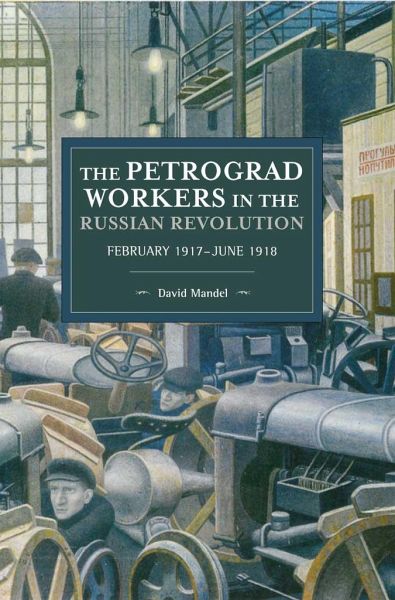
The Petrograd Workers in the Russian Revolution
February 1917-June 1918

PAYBACK Punkte
18 °P sammeln!
Two definitive works on the early days of the Russian Revolution, now collected in one captivating volume.

February 1917-June 1918

Rechnungen
Bestellstatus
Retourenschein
Storno